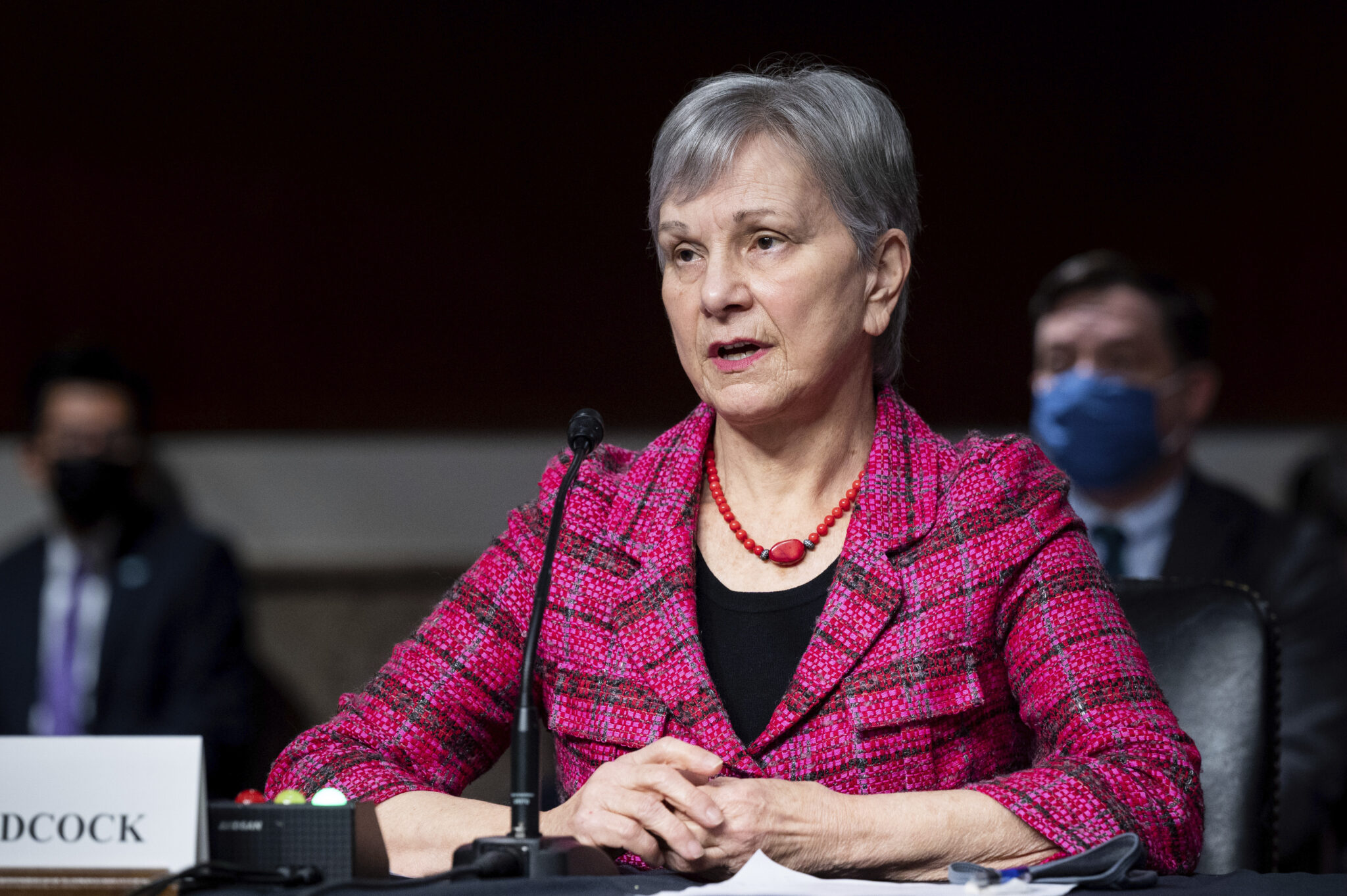
House Oversight Committee digs in on McKinsey's conflicting ties with FDA, opioids, and blocking Humira competitors
McKinsey is under fire again, this time from the House Oversight Committee, which is digging into the consulting firm’s close ties to the FDA while working simultaneously to promote opioids and find ways to stall competition for AbbVie’s blockbuster rheumatoid arthritis drug Humira.
Since 2008, FDA has paid McKinsey over $140 million for various tasks relating to opioids, drug safety, and drug approvals, as well as a “track and trace” system for drugs, monitoring programs to assess drug safety, and ways to streamline the drug approval process.
Unlock this article instantly by becoming a free subscriber.
You’ll get access to free articles each month, plus you can customize what newsletters get delivered to your inbox each week, including breaking news.